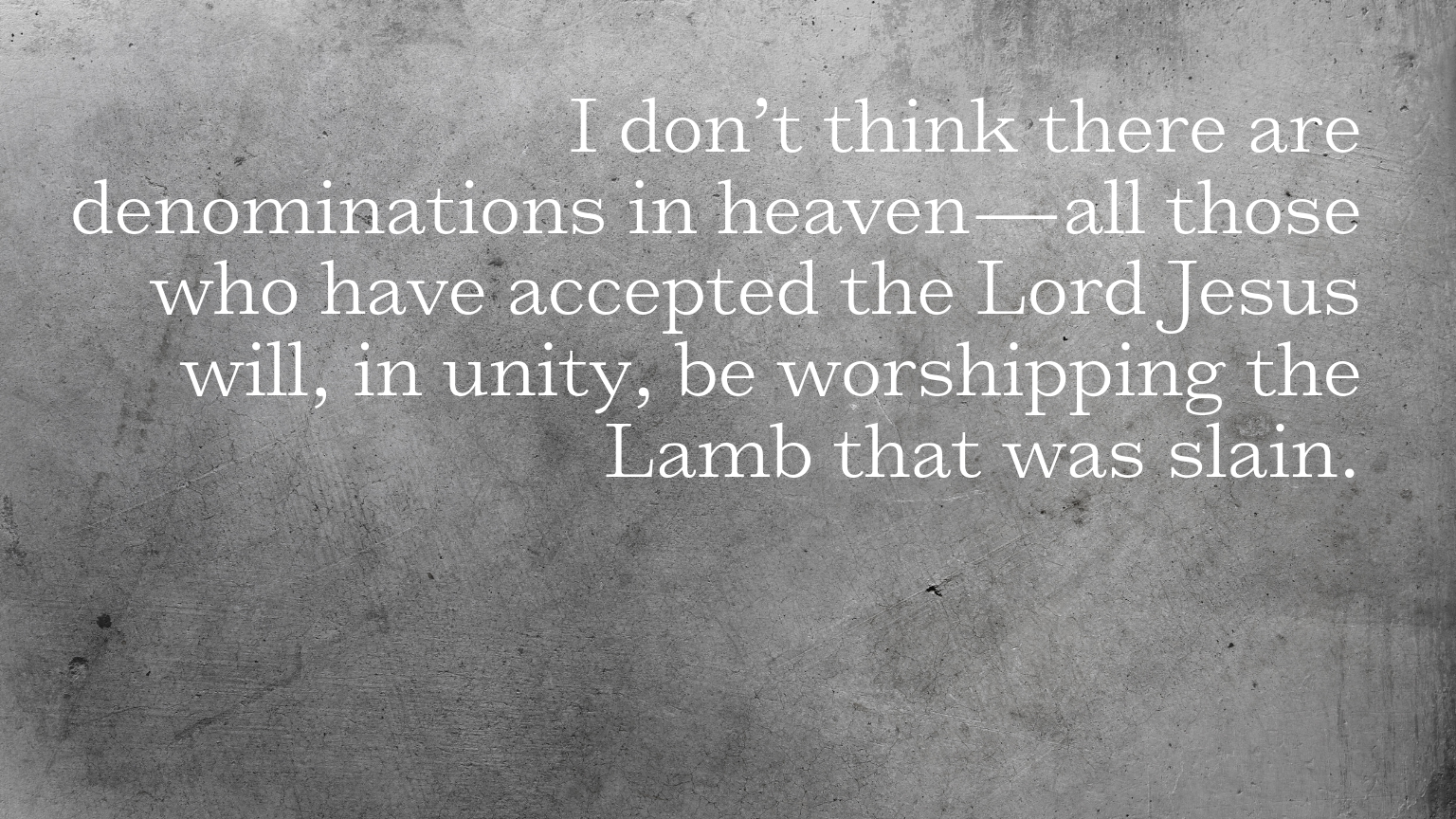Day 37: Don't Miss This! (Acts 16:1-5)
Today’s Passage: Acts 16:1-5
Many a sales person has tried to get your attention with the phrase- “Don’t miss this!” And perhaps you might similarly accuse me.
But I truly do not want us to miss the first five verses of Acts 16.
You might be thinking, “The circumcision of a grown man? Didn’t miss it, but would prefer not to talk about it!”
In the last reflection we looked at the reality that all is not perfect in the church (not a big surprise).
However, in these five verses we see Paul in action, and at first (at least to me) it seems like he has a double standard. Wasn’t he all “bent out of shape” about circumcision?
When confused I turn to a few steadfast, top notch, and readable men of God—John Stott for one. I have used his commentary on Acts of the Apostles to keep me on the straight and narrow. Here is a link to it: Acts of the Apostles Commentary by John Stott
Here is what Stott writes: “So Paul circumcised him because of (NEB, ‘out of consideration for’) the Jews who lived in that area, and to make his ministry acceptable to them, since they knew about his Greek father and would have guessed that he was uncircumcised. It is really marvelous that, so soon after Paul’s hot indignation over the Judaizers in Antioch (15: 1), and his vehement statements against circumcision in his Letter to the Galatians, he should now be prepared to circumcise Timothy. Little minds would have condemned him for inconsistency. But there was a deep consistency in his thought and action. Once the principle had been established that circumcision was not necessary for salvation, he was ready to make concessions in policy. What was unnecessary for acceptance with God was advisable for acceptance by some human beings.” (Location 4556 of the Kindle edition)
In fact, beyond circumcision, it appears that Timothy was ordained (see 1 Tim. 4: 14 and 2 Tim. 1: 6).
So, what is going on?
Two REALLY HUGE points: Salvation is an issue of Christian truth AND Fellowship is an issue of Christian love.
The truth that salvation is by faith in Christ alone, and that this is by grace, has been established. Paul and Silas are bringing this message to churches in Syria and Cilicia. He is returning to the churches that were planted, and they are all being strengthened by this message (Luke notes they are strengthened three times 15:32, 15:41, and 16:5).
Yet the message does contain some instructions found in 15:29: “that you abstain from what has been sacrificed to idols, and from blood, and from what has been strangled, and from sexual immorality. If you keep yourselves from these, you will do well. Farewell."
Why? Because this will make fellowship with Jewish Christians possible. Some Jewish Christians were still observing strict food laws. How could they have fellowship with Gentile Christians? These instructions made it possible.
It was one thing to secure the gospel from corruption; it was another to preserve the church from fragmentation.
The task was twofold: Unite the church without compromising the gospel, AND defend the integrity of the gospel without sacrificing the unity of the church!
Paul is not requiring Timothy’s circumcision for his salvation.
Just as he accepted the four cultural abstentions proposed by Jewish leaders to Gentile converts, he now determined to circumcise Timothy out of consideration for the Jews who would be offended if he remained uncircumcised.
Paul’s behavior in Acts 15 and 16 are entirely in keeping with his conciliatory teaching we find in Romans 14 and 1 Corinthians 8. He urged Christians with a strong conscience not to violate the consciences of the weak. A strong conscience gives us liberty of behavior, but we should limit our liberty out of love for the weak. (Again, from Stott).
Where does that bring you and I? It is making me sit up and take notice. In our day, the church is highly fragmented. At times this fragmentation is actually separation. Let me explain.
I don’t think there are denominations in heaven—all those who have accepted the Lord Jesus will, in unity, be worshipping the Lamb that was slain.

